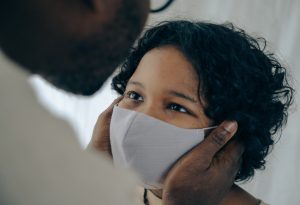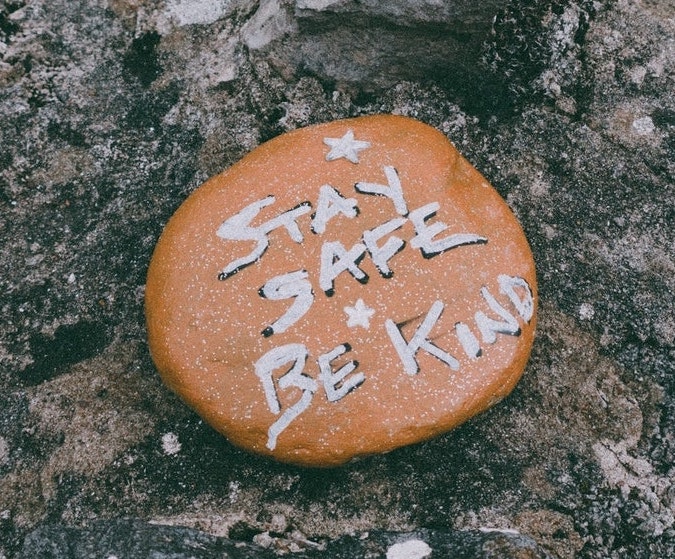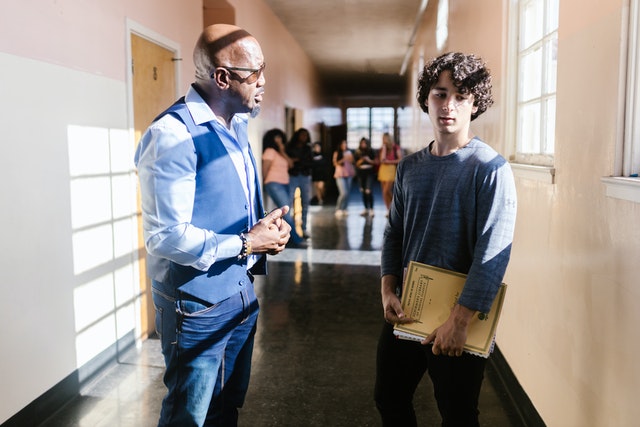Will Kids Be Safe When They Return to School? Will Everyone Else?
 UCSF associate professor and pediatrician, Naomi Bardach, is researching methods to control the spread of the SARS-CoV-2 coronavirus. In this interview, Dr. Naomi Bardach shares why she’s optimistic that schools can reopen safely.
UCSF associate professor and pediatrician, Naomi Bardach, is researching methods to control the spread of the SARS-CoV-2 coronavirus. In this interview, Dr. Naomi Bardach shares why she’s optimistic that schools can reopen safely.
Kids aren’t spreading COVID-19 as much as some might expect. Why?
It’s true with most viruses that kids come into school and spread them to each other and their teachers. But for a variety of reasons – some of which we understand, some of which we don’t – the virus that causes COVID-19 doesn’t seem to behave that way. Kids do not seem to be major spreaders, particularly younger kids.
One reason is that the virus that causes COVID enters the body via structures on the cell called ACE2 receptors, which children produce fewer of than adults do. Elementary school kids produce fewer than middle-schoolers do, and high-schoolers and older teens produce fewer than adults do. If the virus has fewer doorways into your body, you’re less likely to develop COVID. And when you have the disease, it’s not as severe.
So overall, you believe schools can reopen safely?
Yes, but only with the right safety protocols in place. We have learned a lot since March about how to prevent COVID transmission in schools. The right approach to reopening is to do it in phases, to allow people to get more comfortable, and to set up the protocols that we know work. This includes masking; physical distancing; establishing small, stable cohorts; and implementing good ventilation, hand hygiene, symptom screening, and contact-exposure screening with testing. If you had everybody return to school at once, it would be much harder to get comfortable and stay safe.
What should parents do if their child has cold-like symptoms?
Right now, in the absence of better data, the answer is that we need to keep our kids home. There are stories of kids having COVID but with really mild symptoms. Until we have a more robust, data-informed way to move forward, symptom screening is crucial. That being said, it’s important for kids who tend to have runny noses because of allergies, or little coughs because of asthma, to not have to constantly stay out of school.
What advice do you have for parents wary about sending their kids back to school after such a long time and during a surge in cases?
It’s helpful to ask, “Are you worried about the risk to your kid, or are you worried about risk to another family member?” The reality is that the risk to children who are otherwise healthy is extremely low. If you’re willing to drive your child to school, that’s probably about the same risk to their health. For kids with complicated medical issues, though, it gets more worrisome.
As for the issue of kids bringing the virus back to family members, that also doesn’t seem to happen. It’s not impossible, but based on a number of scientific studies, we have learned that most of the time, even when schools are open, kids are getting the infection from an adult in the household who brought it home, rather than kids bringing it from school back to home.
What is the biggest key to safe school reopening?
Wear your mask, wear your mask, wear your mask – particularly adults. When school staff are eating lunch in the break room, for example, they might let their guard down, thinking that their colleagues would never get them sick on purpose. No, of course they wouldn’t. But one of them may have an asymptomatic case of COVID. So keep your mask on.
Excerpted from “Will Kids Be Safe When They Return to School? Will Everyone Else?” in the Winter 2021 edition of UCSF Magazine. Read the full article online for more details as well as additional questions and answers about Dr. Bardach’s research on COVID-19.
Source: UCSF Magazine | Will Kids Be Safe When They Return to School? Will Everyone Else?, https://www.ucsf.edu/magazine/covid-school-reopening | © 2021 The Regents of The University of California
Do you need someone to talk to? To schedule an evaluation or to get advice about your child’s challenges, call or email a CHC Care Manager at 650.688.3625 or careteam@chconline.org CHC teletherapy services are available now.





